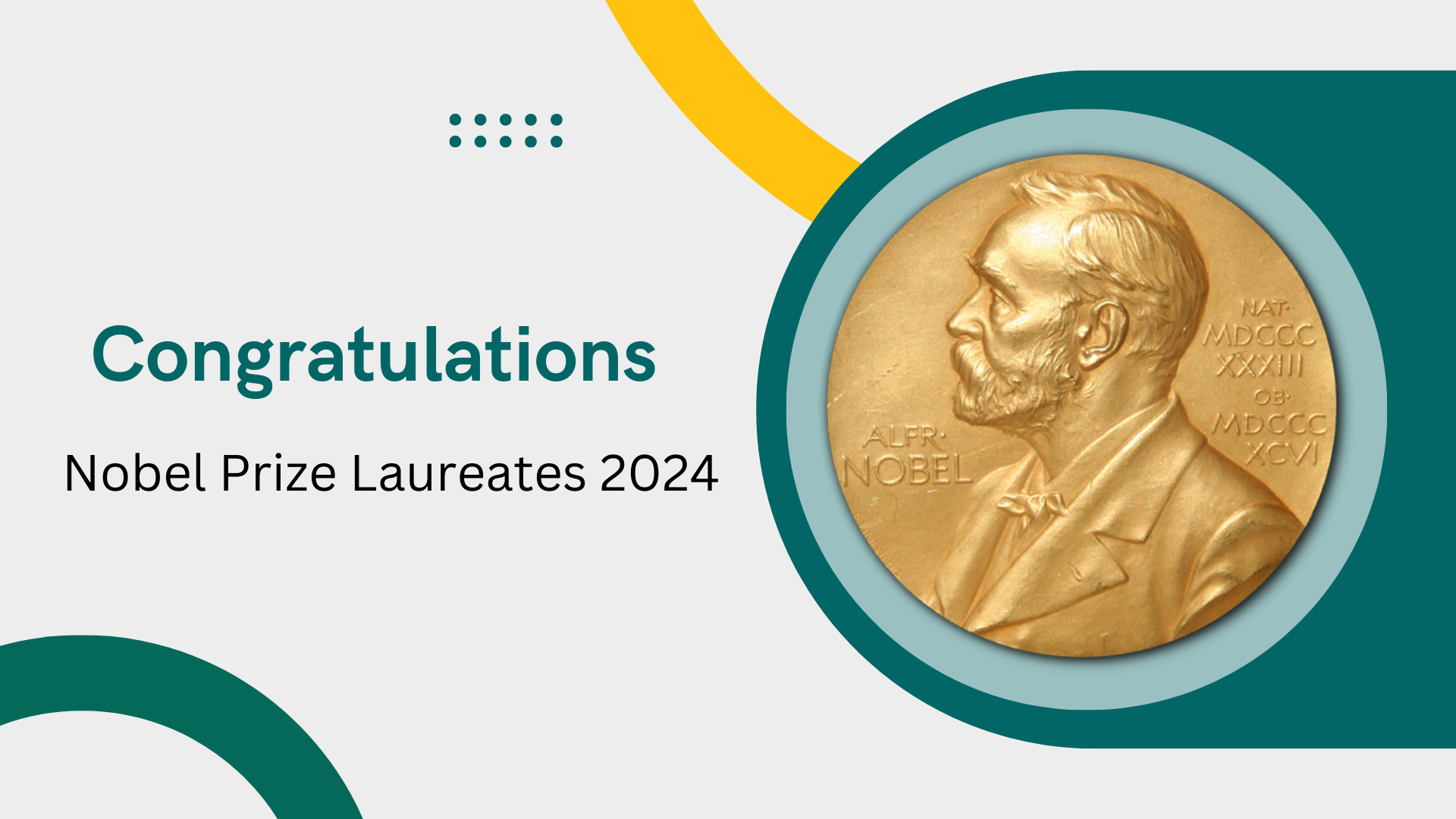
The 2024 Nobel Prizes in Chemistry and Physics Set the Stage for SGC’s Next Phase
The Royal Swedish Academy of Sciences announced the 2024 Nobel Prizes last week. Two prizes particularly stood out for us, highlighting the impact of machine learning and protein structure prediction. These are key areas that have been at the heart of the Structural Genomics Consortium (SGC) for over two decades.
The Nobel Prize in Chemistry was jointly awarded to David Baker (University of Washington) and Demis Hassabis and John Jumper (Google DeepMind) for their pioneering work in computational protein design and structure prediction, a process that once took years to complete. The Nobel Prize in Physics was awarded to Geoffrey Hinton for his work on artificial neural networks.
SGC Chief Executive Officer Aled Edwards shared his thoughts on these achievements, emphasizing the pivotal role that open data and collaborative research have played. "These Nobel prizes are a recognition of the immense contributions that freely available, organized data, generated over the last 50 years, has made to science," Edwards noted. "SGC has been a central figure in this process, contributing more human protein structures to the Protein Data Bank than any other organization. Over the years, our scientists have not only been the largest contributor of structural data for human proteins but also provided experimental support for protein structure predictions. We and our many colleagues have been at the heart of generating high-quality data that has fueled breakthroughs like these," Edwards added.
Edwards highlighted key collaborations between the Chief Scientific Officer of SGC-Toronto, Cheryl Arrowsmith, and the Nobel Laureate, David Baker, in which Arrowsmith's team provided experimental validation of the Baker team's structure predictions. These collaborations led to five major publications, showcasing the invaluable synergy between experimentalists and computational scientists.
As SGC enters a new phase under its Open Data strategy, this legacy will only grow. SGC’s commitment to open access and collaboration remains unchanged, but the organization is taking on an even more proactive role in leveraging its data. “Unlike in the past, where others used our data to achieve these major breakthroughs, we are now committed to not only generating the best data for the public good but also actively participating in machine learning and data science to maximize the impact of our contributions, and to ensure that these advances remain in the public domain,” Edwards remarked.
By leveraging the scalable computational resources provided by the cloud infrastructure, SGC is actively working towards disseminating high-quality chemical screening data to a diverse audience with expertise in chemistry, bioinformatics, data science, machine learning and AI. “We are developing a cloud-based platform, called AIRCHECK (Artificial Intelligence-Ready CHEmiCal Knowledge base), to enable users from all over the world not only to access chemical data at scale but also to analyze these data using cutting-edge AI models in an open science environment,” commented Dr. Benjamin Haibe-Kains, Head of Data Science at SGC and Senior Scientist at the Princess Margaret Cancer Centre, University Health Network. “AIRCHECK aims to become the largest repository of chemical data to advance AI application in early drug development.”
The announcement of these Nobel prizes could not have come at a better time, aligning perfectly with SGC’s strategic direction. As Edwards emphasized, "Our goal is to generate the best-quality data, share it with the world, and actively engage in its scientific applications. I am sure that this is the right time to be at the intersection of open data, protein science, and machine learning”.
For more information about SGC’s Open Data initiative, visit: https://www.thesgc.org/open_data
Some of SGC’s publications with David Baker:
https://pubmed.ncbi.nlm.nih.gov/28706065/
https://pubmed.ncbi.nlm.nih.gov/19864631/
https://www.nature.com/articles/s41467-022-33004-6
https://pubmed.ncbi.nlm.nih.gov/22325772/
